Dear members, colleagues and friends of the WFPHA,
As we bid farewell to 2023, we are filled with gratitude for the unwavering dedication of our global public health community. Throughout the year, the World Federation of Public Health Associations (WFPHA) stood resilient, navigating challenges and advancing our shared mission.
Global Health Unity: Highlights of the Year 2023
The 17th World Public Health Congress was a pinnacle of collaboration. Bringing together minds from diverse regions, this congress facilitated the exchange of knowledge and experiences, fostering a sense of unity among participants. Our joint efforts with the Association of Schools of Public Health in the European Region and the Italian Society of Hygiene, Preventive Medicine, and Public Health marked a historic milestone.
The approval of the 2023-2028 Strategic Plan reinforces our commitment to key goals, including advocating for peace, sustainable health equity, and global policies; promoting system change and decolonizing public health; democratizing global health governance; advancing public health knowledge, education, practice, and research; cultivating partnerships; supporting member associations; and building a responsive and sustainable WFPHA.
Despite the hurdles, from the complexities of pandemic response to deepening social inequities, our collective efforts have been impactful.
A Call to Global Health Advocates
The global conflict events of 2023 serve as a wake-up call, indicating that our current approach is no longer sustainable. This message is particularly poignant for all of us, with a special emphasis on the global health community.
We are acutely aware of the fragility of health, impacting both individuals and entire populations. Health is a universal common good and a fundamental human right, and our efforts are ceaseless on multiple fronts – from anti-tobacco policies and climate action to vaccination campaigns and workforce challenges.
The topic of “war and health” may not have seemed central to the global community’s concerns. That’s why we included peace in our mission and dedicated a plenary session to it at the 17th World Congress of Public Health.
As WHO Director-General Dr. Tedros recently emphasized, “there is no health without peace – as there is no peace without health.” This underscores the crucial role of the public health community in preventing wars and conflicts. We must address conflicts where they emerge, muster the courage to name them, and bring people to the table – even those who resist talking to each other. Fostering dialogue and finding solutions to conflicts stand as some of the most significant tasks in global public health.
We must remain a united community of thought and action. While we know there are solutions, we haven’t yet exhausted all our possibilities. It’s time to actively work towards preventing conflicts and promoting peace. There are solutions and ways to work for this goal. As we step into 2024, our resolve remains strong. The WFPHA continues to be a beacon of hope, striving for social justice, peace, sustainability, and health for all.
May the holiday season bring peace, joy, and be transformative for us all.
Best wishes and Seasonal Greetings,
Prof. Luis Eugenio Souza, President of the WFPHA
Prof. Bettina Borisch, CEO, WFPHA



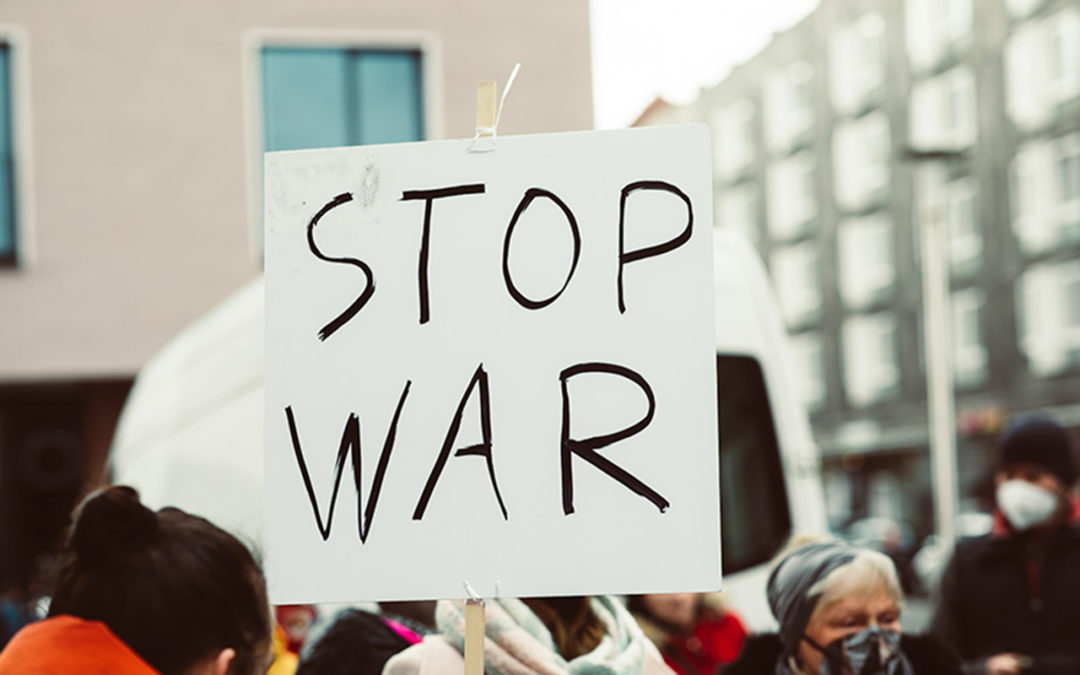
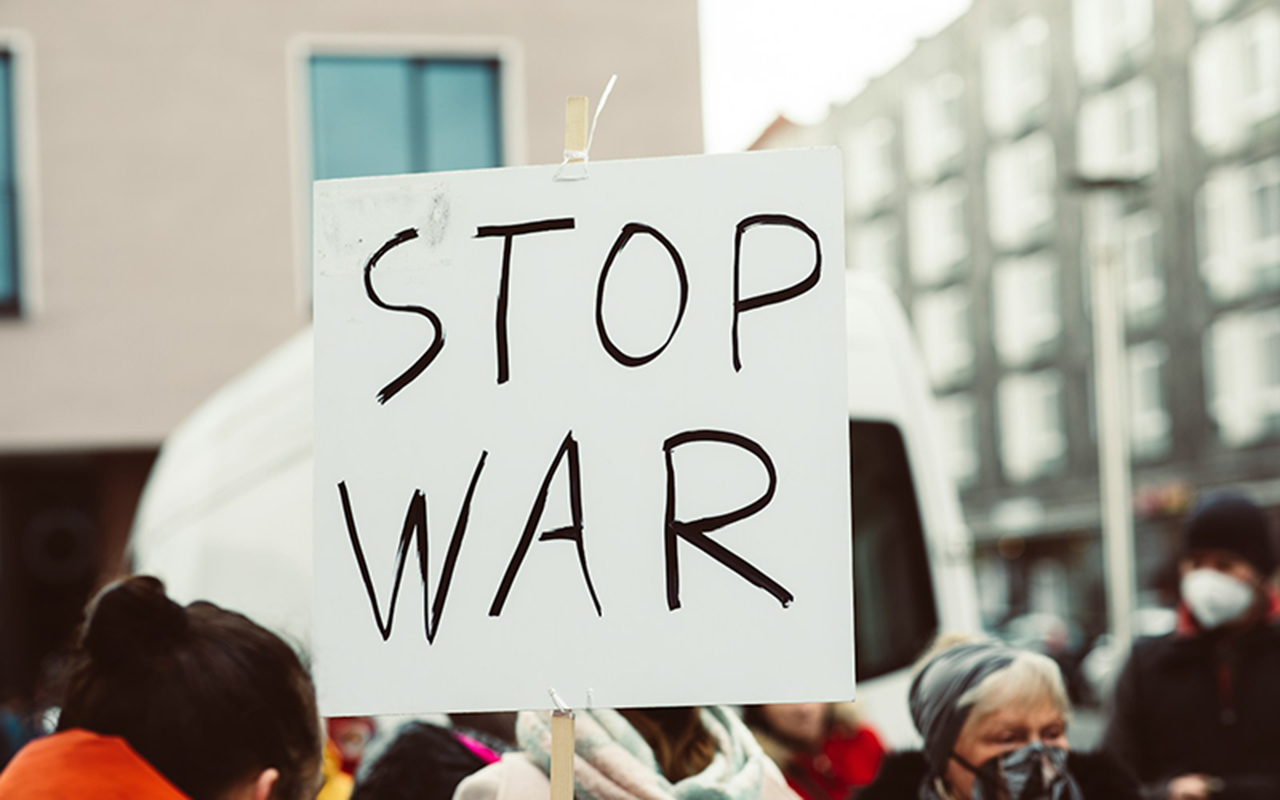

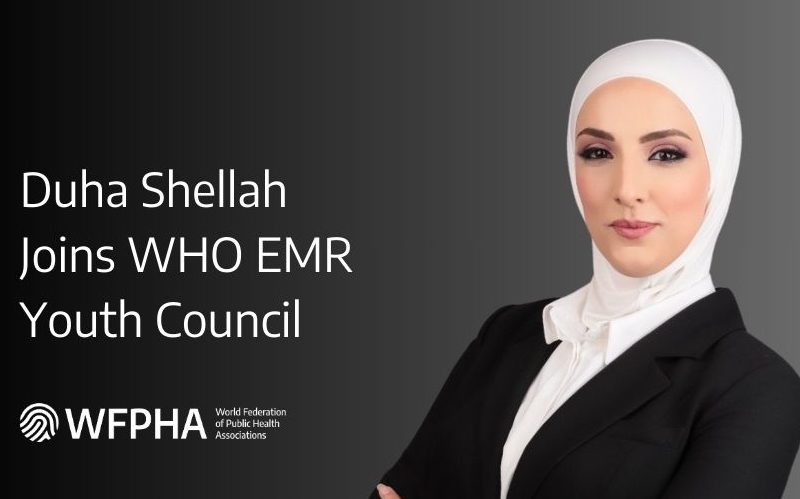


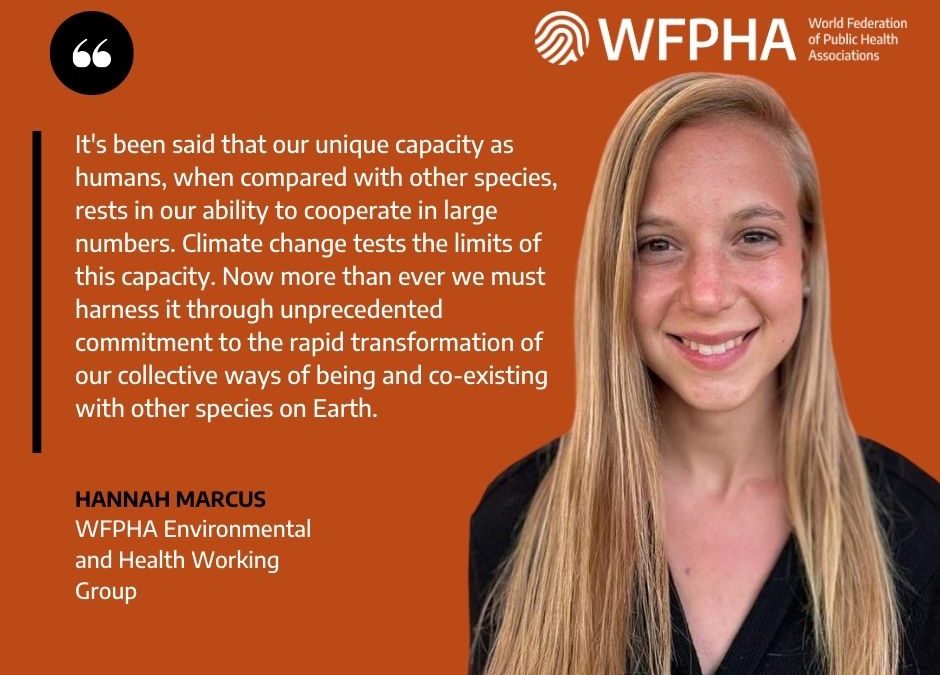
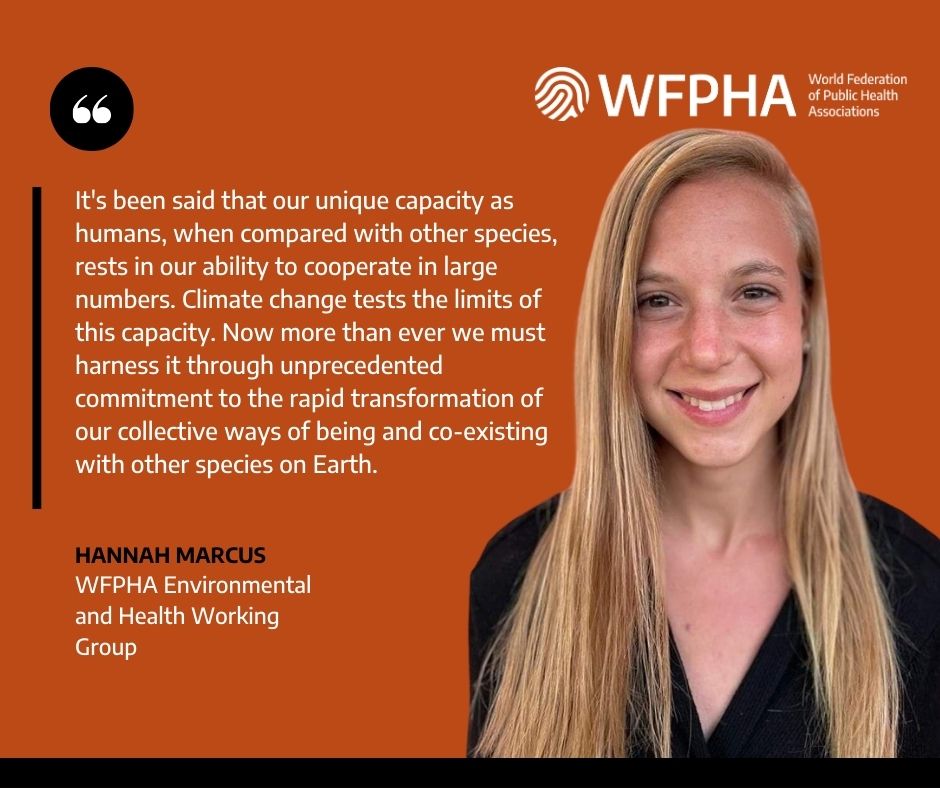
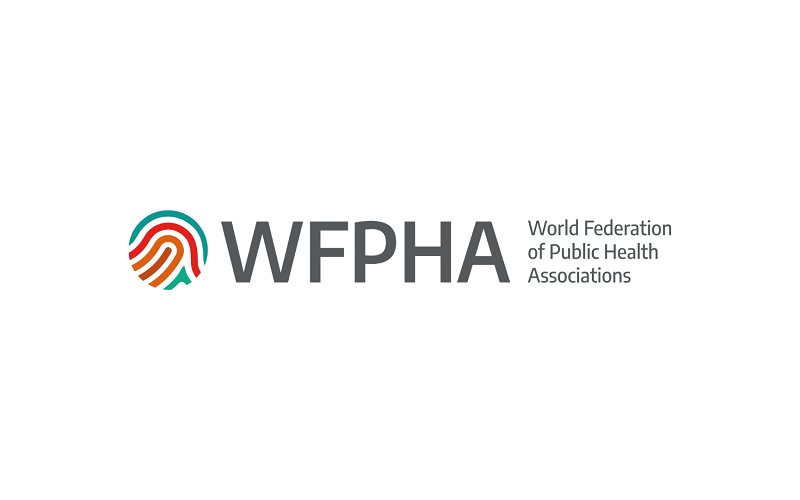
Recent Comments